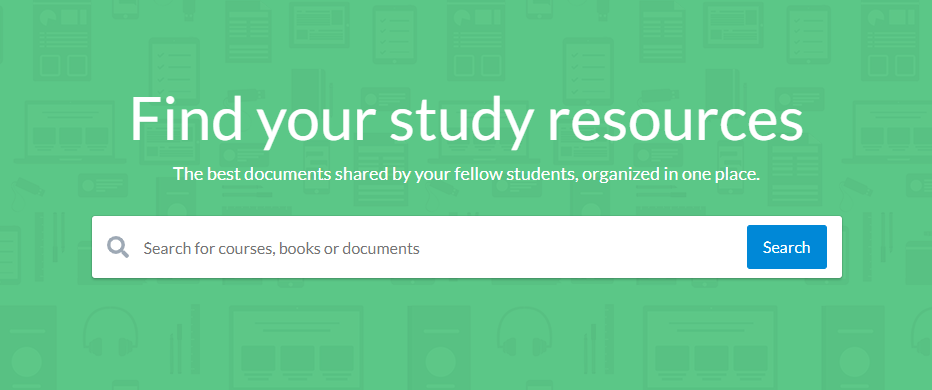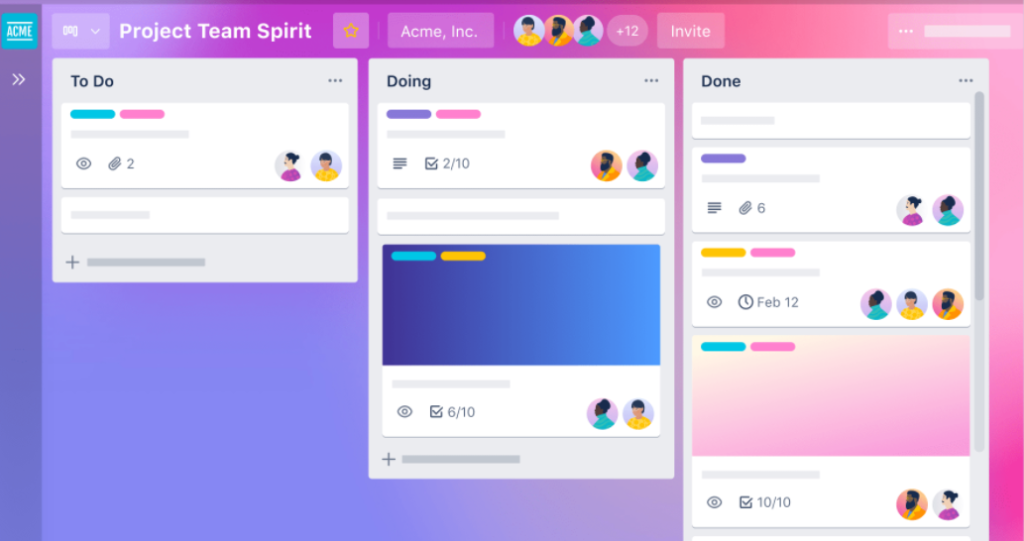Transitioning to Online Learning in 2021
Jul 13, 2021
iCrowdMarketing powered by iCrowdNewswire
People have various opinions about online learning.Some fear it leads to social isolation. Others love the freedom of doing classes in their sweatpants. And some like it, but they’d prefer doing it just a couple of times per week.
But a person’s stance on the matter isn’t necessarily what’s important. It’s more important to know what the future of online learning will look like — and how someone can use that knowledge to improve their education.
If you’re transitioning to online learning, you’re probably curious about what to expect. Let’s take a look at five trends you’ll be seeing a lot more of in 2021.
Transitioning to Online Learning: 5 Trends to Look Out for
Transitioning to online learning in 2021 means having access to the following.
1. Study resources
Whether you’re writing a book report, studying for a biology exam, or learning how to code, you can look forward to more study resources in 2021.
Here are some study resources to look out for.
- Educational videos
With more educational videos coming out on YouTube and Vimeo, you can access videos on any kind of topic you can think of. Learn how to make French pastry from scratch, add widgets to websites, or build a small robot in less than an hour.
- Study material for college students
Long gone are the days where college students had to beg a classmate for notes if they missed a lecture. Now, college students can access shared university study material on platforms like StuDocu.

- Knowledge bases
Knowledge bases are collections of high-authority articles that discuss a certain theme or topic. Brands like monday.com create knowledge bases to provide deep dives into topics that clients are interested in (and topics that are relevant to the business). For instance, monday.com has created a knowledge base of articles that specifically discuss project management topics.
2. Courses and special skills training
Courses and special skills training won’t be hard to find in 2021.
Here are some examples of courses and special skills training to look out for.
Language learning
Language learning has become accessible to almost everyone worldwide, with sites like Preply offering a variety of language courses, from online Spanish classes to English, Italian, and Chinese.
Employee training and ongoing education
Online learning has applications for businesses as well, most importantly for employee training and education.
Freelance courses
Learning how to write, design, photograph, and edit is a cinch, with freelance courses sprouting up.
Business and marketing courses
From learning how to communicate with clients to finally discovering how to build a marketing funnel, you can access business and marketing courses about various topics.
3. Enhanced Learning Management Systems (LMS) software
Learning Management Systems (LMS) software is only going to improve in 2021. With access to machine learning, AI, and data analytics, software companies have pristine tools that allow them to update their systems continuously.
When the pandemic started in March 2020, school administrators turned to Zoom meetings and Google Classrooms to stay afloat. But schools that already had a platform or LMS in place transitioned to online learning much easier.

With an LMS, instructors can place materials, schedules, and coursework into the platform for fully functioning hybrid or remote classes.
Some LMSs, such as Canvas, have reporting capabilities that track specific engagement metrics, attendance, and time spent online. They’re also used to create asynchronous classrooms with shared videos, links, resources, and course materials.
But it’s important to note that not having an LMS doesn’t mean online learning can’t be successful. Even free options like Google Classroom help instructors share important material and information with students.
4. Discussion boards
Online discussion boards are an exciting trend to look forward to in 2021.
With discussion boards, students can review the main topic, take time to research it, and post their thoughts on the topic for peers and teachers to review. Not only does this help students get valuable feedback from instructors and peers, but it also helps build a supportive learning community.
For instance, online college professors might spend up to an hour a day posting and commenting in discussion forums. They may post multiple discussion topics, engage with student answers, and debate answers and theories.
With discussion forums, everyone can see all responses, which helps to reduce the need to leave the same response to a question.
To create valuable discussion boards, instructors focus on engaging with and encouraging student participation in virtual classrooms. They ask robust discussion questions, encourage students to share what they know about a concept, and provide resources for continuous learning.
5. Collaboration tools
Collaboration is still possible with remote learning. Using collaboration platforms or apps like Zoom, Skype, and Trello, students can connect and collaborate with peers and teachers.

Students and instructors can also record and retain messages and videos with tools like Zoom chat, Slack, and Google Hangouts. Tools like Kahoot and Play Factile allow instructors to create and administer live pop quizzes to individual students and student teams.
Here are some other examples of collaboration tools to look out for.
ClassDojo
ClassDojo connects teachers, parents, and students in one virtual app. Students can gain access to homework and course material, teachers can post class updates, and parents can sign in to view class stories and assignments.
Fiction Express
Fiction Express is a literacy platform that gives young students access to online books, book quizzes, and new chapters every week. With Fiction Express, parents, students, and teachers can easily view and share book chapters and quizzes.
Popplet
Popplet is a simple tool that helps students create mind maps to organize and share ideas.
Final word
Online learning is improving at a rapid rate.
With access to study resources and courses, better software, discussion boards, and collaboration tools, students have the online tools they need to thrive in 2021.
Transitions to online learning soon? We hope these tips are just what you’ll need to make it a success.
Author Bio

Eleasha is a freelance writer and educational consultant who covers everything in the digital world, from educational advancement to leadership to career growth. She considers her work as her hobby, as she has a passion for research and writing.
Tags: English